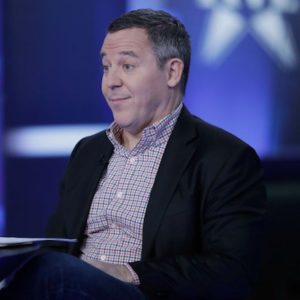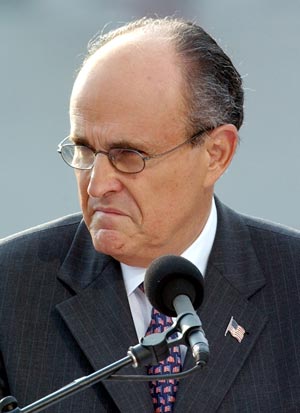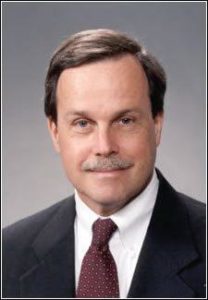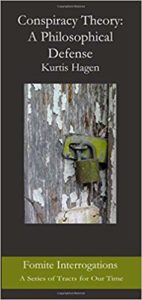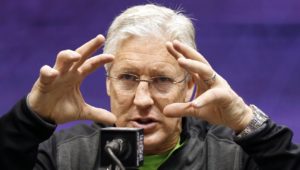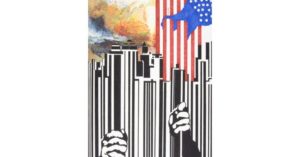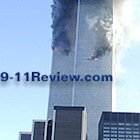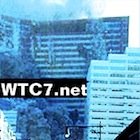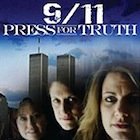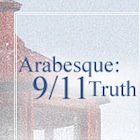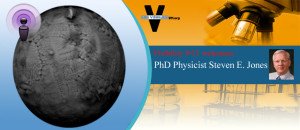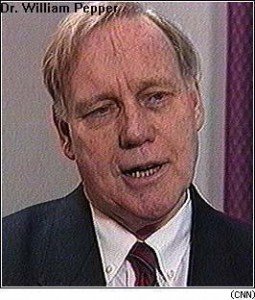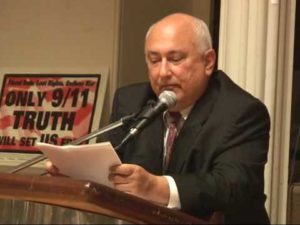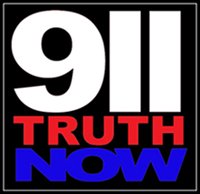July 4, 2016 by Kevin Ryan
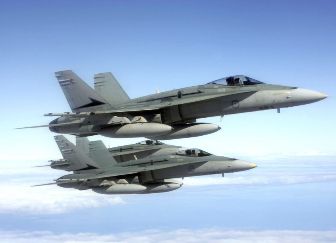
Perhaps the most remarkable thing about 9/11 is that people often ask us to “Never Forget” while at the same time never learning, let alone remembering, anything about the crimes. This is a beautiful example of Orwell’s concept of Doublethink in which citizens covet their own unconsciousness in order to avoid acknowledging uncomfortable facts. One such fact is that we were given a string of false, contradictory official accounts for the failure of the national air defense systems that day and the last one given is the most unbelievable.
The ever-changing accounts for the failure to intercept any of the four hijacked planes began two days after the attacks. That first account was provided in an official hearing to confirm General Richard Myers as Chairman of the Joint Chiefs of Staff (CJCS). Myers testified that no fighter jets were scrambled to intercept any of the hijacked flights until after the Pentagon was hit. Although Myers did not sound terribly confident in his knowledge, people thought he should have been, considering that more than 48 hours had passed and he had been serving as acting CJCS during the attacks.
A second, contradictory story was given five days later, when the North American Aerospace Defense Command (NORAD) provided a partial timeline of the notifications it had received from the Federal Aviation Administration and the responses that followed. The timeline showed that NORAD was notified about the hijacking of Flight 175 at 8:43 am, a full 20 minutes before it impacted the south tower of the WTC. Moreover, F-15 interceptor jets from Otis Air Force Base were said to be airborne by 8:52, having been scrambled in response to the first hijacking.
General Ralph Eberhart, who was commander of NORAD on 9/11, reiterated the timeline in testimony to the U.S. Senate in October 2001 and for two years it stood as the official account. Eberhart added that NORAD was notified about the hijacked Flight 77 coming into Washington at 9:24 am, fourteen minutes before it impacted the Pentagon. He repeatedly told the Senate Armed Services Committee that this was a “documented notification.”[1]
A book released in January 2003 further established this account of the military’s response. The book, called Air War Over America: Sept. 11 Alters Face Of Air Defense Mission, was based on hundreds of interviews with the personnel responsible for conducting the nation’s air defenses that day. It was authored by Leslie Filson, public affairs officer for the 1st Air Force, and had been reviewed for accuracy by all the top brass who were in charge of the air defenses on 9/11.
In May 2003, Eberhart’s subordinates General Larry Arnold and Colonel William Alan Scott gave the third version of the story by presenting a slightly revised version of NORAD’s timeline. They contradicted the timeline for Flight 175, saying that NORAD was not notified of the hijacking until three minutes after that aircraft had crashed into the south tower. This was despite the fact that when asked by a U.S. Senator about “the second hijacked plane somewhere up there,” Eberhart had previously said “Yes, sir. During that time, we were notified.”
Arnold and Scott also revealed for the first time that NORAD was notified about the hijacking of Flight 93 at 9:16 am. This was 47 minutes before that flight allegedly crashed in Pennsylvania, at 10:03 am. Obviously, interceptor jets could have easily reached and escorted Flight 93 given this revised timeline.
Colonel Robert Marr, who was running the response at NORAD’s North East Air Defense Sector (NEADS), repeated several times in an interview with investigators that he recalled monitoring Flight 93 during the time that it was hijacked.
It was not only Marr who remembers monitoring Flight 93 in the NEADS battle cab. NEADS intelligence officer Lt. Col. Mark Stuart, who was standing right next to Marr during the crisis, reported the same thing. Both of them said that they were tracking Flight 93. And many air traffic controllers made clear in their handwritten notes from that day, and their personal statements afterward, that Flight 93 was known as a hijacking long before it was destroyed.
General Arnold clarified in testimony to the Commission that, “It was our intent to intercept United Flight 93. And in fact my own staff, we were orbiting now over Washington, D.C. by this time, and I was personally anxious to see what 93 was going to do, and our intent was to intercept it. But we decided to stay over Washington, D.C., because there was not that urgency. So we elected to remain over D.C. until that aircraft was definitely coming towards us.”
Unfortunately, the 9/11 Commission Report came out 14 months later, providing a fourth account, and it contradicted all of the previous accounts and testimony. The Commission’s Report stated that:
NORAD’s “air defenders had nine minutes’ notice on the first hijacked plane, no advance notice on the second, no advance notice on the third, and no advance notice on the fourth.”
That is, the Commission claimed that the military was never notified at all about three of the four hijacked planes until after they had crashed.
In order to explain away the considerable evidence for knowledge about the hijacked planes, the Commission made the ludicrous claim that all the Air Force officers had been either mistaken or lying in previous testimonies. Why any of those the officers would spend years lying, in ways that made the Air Force look incompetent, was never revealed.
The Commission’s air defense team, led by an expert propagandist, inserted some new diversionary claims to reconcile some of the confusion. One was a story about “Phantom Flight 11” that was used to explain why the interceptor jets scrambled in the wrong direction and flew at a fraction of their top speed. This phantom flight was never mentioned in the Filson book, which had been thoroughly reviewed by all Air Force leaders prior to publication.
With regard to United 93, the Commission relied on the report of another hijacking as a means of explaining confusion. This was Delta Airlines Flight 1989, which was reported as hijacked that morning despite the pilot of that aircraft saying that he was not hijacked, according to air traffic controller notes. Delta 1989 landed in Cleveland approximately 20 minutes before United 93 was said to have crashed 200 miles away in Pennsylvania.
The Commission’s new explanation, that everyone who thought they were tracking United 93 was really just tracking Delta 1989, is not believable. Reasons include that Delta 1989 never turned off its transponder, was clearly identified throughout its flight, and never lost contact with controllers.
And as Colonel Scott testified, NORAD was notified of the United 93 hijacking at 9:16 and United 93 didn’t turn off its transponder until 9:40, just a few minutes before Delta 1989 landed in Cleveland. Moreover, writer Leslie Filson noted that General Arnold made clear, in his interview with her, that NORAD was tracking both United 93 and Delta 1989. Since NORAD was aware of both, and both were clearly identified, it could not be that Delta 1989 had been mistaken for United 93 at any time let alone for the 47 minutes that the hijacked United 93 was being tracked.
With certainty, the odds are vanishingly small that the three previous official accounts for the air defense failures represented years-long points of confusion for every single Air Force officer who was involved. Alternatively, that all of these military officers spent years lying to make themselves look bad is a claim beyond unbelievable. It is much more likely that it was the 9/11 Commission that lied when it provided the fourth official account. Yet the people who call for us to “Never Forget” are not likely to ever learn, let alone remember, any of it.
Kevin Ryan blogs at Dig Within.
[1] Transcript of Hearing Before the Committee on Armed Services, United States Senate, October 25, 2001, U.S. Government Printing Office
